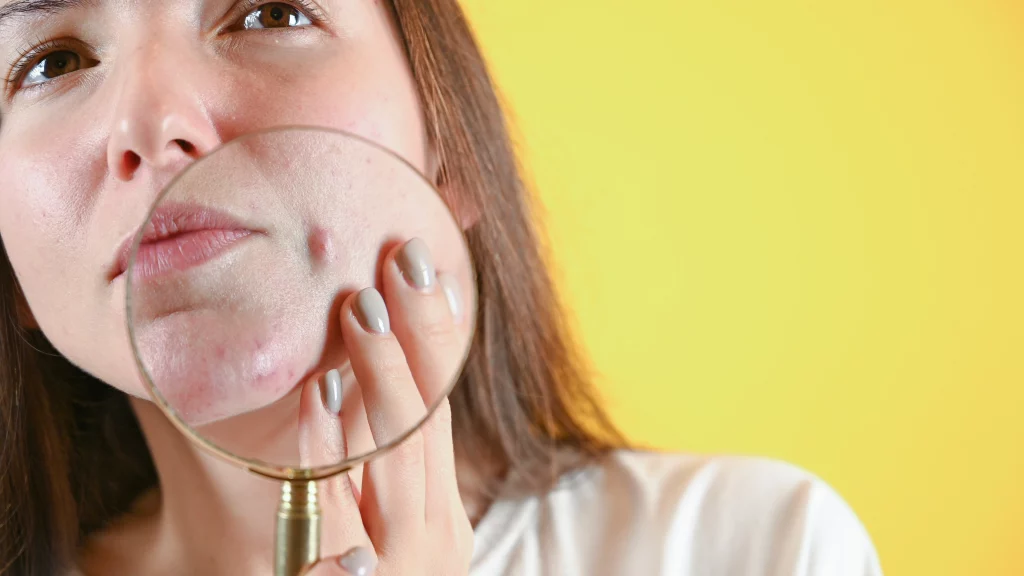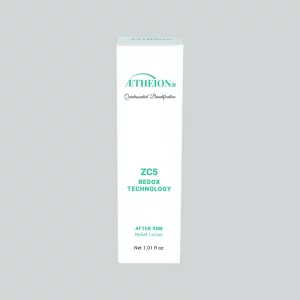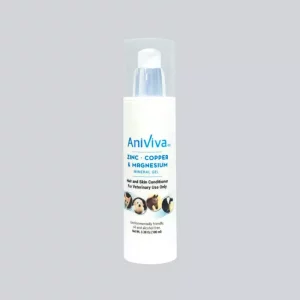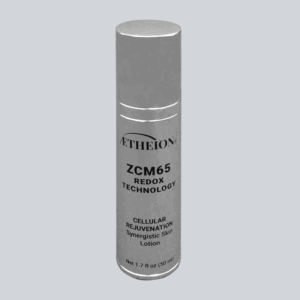Why am I still getting Maskne?
Table of Contents
Why am I still getting Maskne?
It's been over a year now since this pandemic started, which means we've been consistently wearing masks for the same amount of time. Numerous people have learned to deal with side effects, such as switching up their skincare routine to better suit their changing complexion. However, for many individuals, this pandemic has not been kind to their skin. Many people have suffered from what's now known as maskne. But what exactly is it? Is maskne a thing? How do you treat it? And why does it happen?
Is Maskne a Thing?
Unfortunately for many, maskne is a very real problem. "Maskne" is used to describe frequent acne breakouts around the area where one usually wears a face mask. However, maskne doesn't only refer to pimples. The regular use of a mask might also cause irritation, redness, and bumpiness.
Maskne's also only the word used to describe various skin conditions, such as:
- Contact dermatitis: This condition usually occurs when a person is allergic to the material their mask is made out of, resulting in a red and irritating rash, sometimes with blisters.
- Acne: When your pores become clogged with oil, dirt, or dead skin, they build up into what we know as acne. Acne often includes whiteheads, blackheads, and pimples.
- Rosacea: Rosacea is a chronic skin condition that presents itself as facial redness and occasional pimples. If a person suffers from this skin condition, wearing a mask may cause more flare-ups more often.
- Folliculitis: This skin condition causes infections in the hair follicles, usually resulting in bumps similar to acne. These bumps can cause pain and itchiness.

Avoiding Maskne
As mentioned previously, maskne is an umbrella term for several skin conditions. Because of this, the cause of symptoms varies, making it hard to avoid at times.
Most people suffering from maskne generally develop it due to clogged pores. Our skin already harbors dirt, oil, bacteria, and dead skin cells, so wearing masks may worsen this. Masks also trap humidity due to sweating and breathing, causing more acne outbreaks; friction from masks may cause irritation and chafing.
Individuals with sensitive skin or allergies may also have adverse reactions to face masks depending on what material they're made of.
Here are some helpful tips to keep in mind for how to stop from breaking out and how to prevent maskne:
- Remove masks every 4 hours: According to the American Academy of Dermatology Association, doing this for 15 minutes every 4 hours may be beneficial for the skin. Always make sure you remove a face mask in outdoor spaces or in areas where it's permitted.
- Apply moisturizer before a mask: Masks may cause irritation, especially on dry or sensitive skin. Applying a noncomedogenic moisturizer will hydrate the skin and serve as a barrier between the skin and the mask.
- Wash reusable masks after every wear: Cloth and fabric masks need proper washing before wearing, including after every use. Hypoallergenic and scent-free laundry detergent may help prevent further breakouts.
- Choose the suitable mask for your skin: make sure your mask is snug but not too tight and preferably made out of materials such as cotton. Avoid fabrics like rayon or nylon.
How To Treat Maskne
- Wash your face often: It's imperative to keep up with the same skincare routine and wash your face in the morning, at night, and any time after sweating or wearing a mask.
- Take time off from wearing makeup: This might be hard to hear, but if you're suffering from a maskne outbreak, foundations and concealers may clog your pores and worsen the condition.
- Use a gentle cleanser: Avoid applying moisturizers that contain alcohol or perfume. For severe maskne breakouts, try using medicated moisturizers with benzoyl peroxide or salicylic acid.
A Skin Solution for Why am I still getting Maskne?






